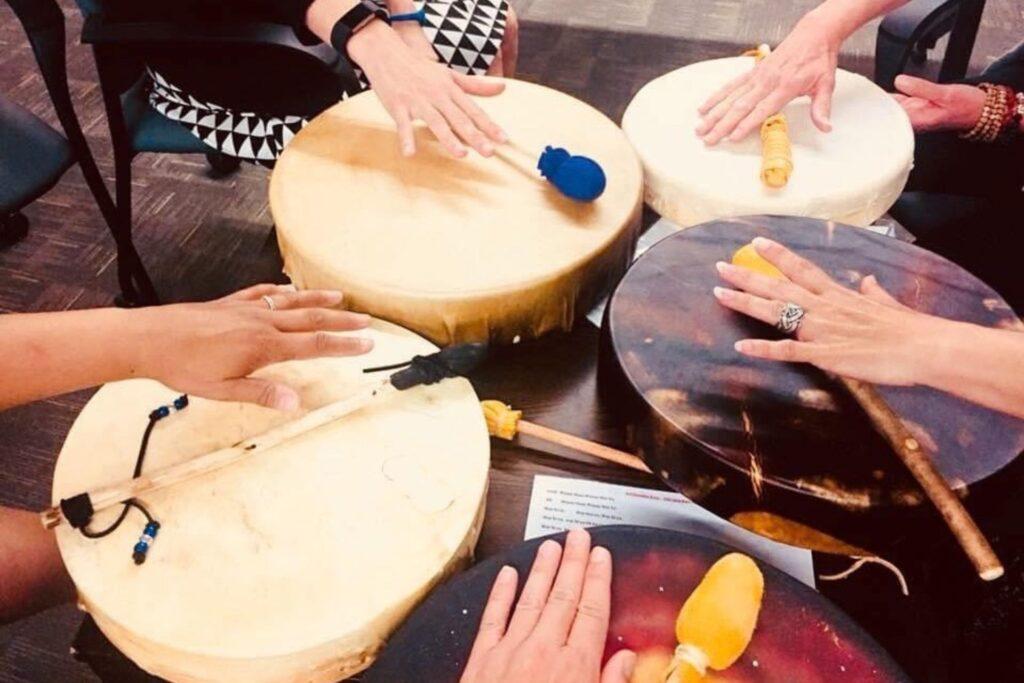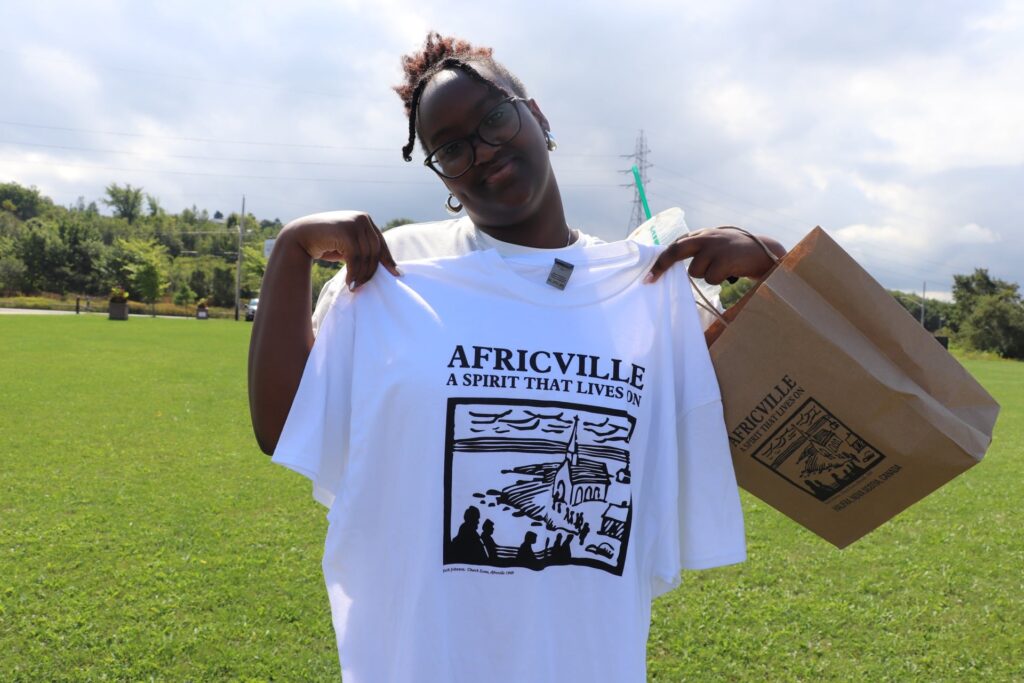Service Model for African Canadian Families
The Children’s Aid Society of Ottawa (CASO) acknowledges that our standard model of service was created on the basis of White, European, Christian culture, and that this model has contributed to the overrepresentation of Black families involved in child welfare.
Research shows that in comparison to their White counterparts, African Canadian children in Ontario face a greater likelihood of being referred to a children’s aid society, experiencing removal from their homes, and spending their formative years in foster care without finding another permanent home.
To address the disproportionality of Black children and youth involved with CASO, we developed the Service Model for African Canadian Families. This model aims to confront anti-Black racism and support improved outcomes and more equitable services for Black families.
CASO values the importance of culture, tradition and community. We work to center identity within our practices and recognize that intentional attention to culture is critical in addressing the overrepresentation of Black families within our system. Consequently, when providing services to African Canadian families, our model focuses on four critical actions:
- Recording identity-based information
- Offering and facilitating Cultural Circles
- Engaging in internal conversations and meaningful reflections to address biases and understand the systemic oppression faced by Black families
- Offering network and community involvement
Through these actions, CASO strives to achieve equitable outcomes and deliver quality services tailored to the unique needs of the Black children, youth and families we serve. Additionally, CASO consults regularly with Black community partners to prevent and eliminate instances of both individual and systemic acts of racism and discrimination in our service to the Black community.
As of March 31, 2023, our data indicates a rise in the number of children and youth of African and Caribbean descent in our care. This aligns with our increased efforts on gathering identity information, in that we now know who we serve. We’ve enhanced our collection of identity data for children and youth in care by 2.6 per cent from the previous fiscal year. These ongoing efforts to collect identity records contribute to our agency’s improved understanding of the families we serve, while also ensuring our services are culturally sensitive and community-oriented.
Indigenous Service Delivery Model

Members of CASO’s Indigenous Service Pod
In 2022, CASO began operationalizing our Indigenous Service Delivery Model to improve the agency’s capacity to support First Nations, Inuit and Métis children, youth and families. Over the past year, our society has focused on Indigenous staff recruitment and retention, building community partnerships, ongoing training and development, and establishing evaluations to ensure the model’s long-term success.
In alignment with the model, CASO’s Indigenous Service Pod focuses on collaborating with Ottawa’s First Nations, Inuit and Métis communities and knowledge keepers to ensure that all services provided to Indigenous children, youth and families are culturally informed. Specifically, CASO has developed partnerships with community organizations, including:
- Inuuqatigiit Centre
- Tungasuvvingat Inuit
- Wabano Centre for Aboriginal Health
- Minwaashin Lodge
- Odawa Native Friendship Centre
- Makonsag Indigenous Head Start
- Tewegan Indigenous Youth Non-Profit Housing
- Inuit Tapiriit Kanatami
- Ottawa Carleton District School Board Indigenous Liaison Team
- Ontario Native Women’s Association
- Native Women’s Association of Canada
- Métis Nation of Ontario
This community-based approach has shown significant progress in reducing the number of Indigenous children and youth in out-of-home care by 4 per cent in the last year and by 9 per cent since 2021. We’ve also seen a reduction in the amount of legal involvement with Indigenous families.
CASO recognizes the importance of cultural integration within our organization. The Indigenous Service Pod has embraced traditional teachings and practices, such as regular Circles, smudging, quarterly professional development days, and trainings based on the Truth and Reconciliation Commission of Canada’s Calls to Action and the Missing and Murdered Indigenous Women and Girls’ Calls to Justice. As recommended by the Indigenous Service Delivery Model, the Pod hired a dedicated Indigenous-focused Equity, Diversity and Inclusion worker to foster cultural awareness across the agency.
Umoja Youth Group: Educational Trip to Nova Scotia
The Children’s Aid Society of Ottawa’s Umoja Youth Group meets monthly to participate in activities and discussions related to preserving the culture and identities of Black, African and Caribbean youth in care. In August 2022, 11 youth from the group, accompanied by six CASO staff members, visited Nova Scotia for four days.
While in Nova Scotia, the youth learned about the Transatlantic Slave Trade, visited historical locations, enjoyed cultural food, and expanded their knowledge of their ancestors’ contributions to the development and enhancement of Canada.
The group visited the Africville museum, attended a presentation from 902 Man Up, an organization that focuses on empowering young Black males, and engaged with the Black Business Initiative where they explored the realms of business and entrepreneurship through presentations and workshops.







